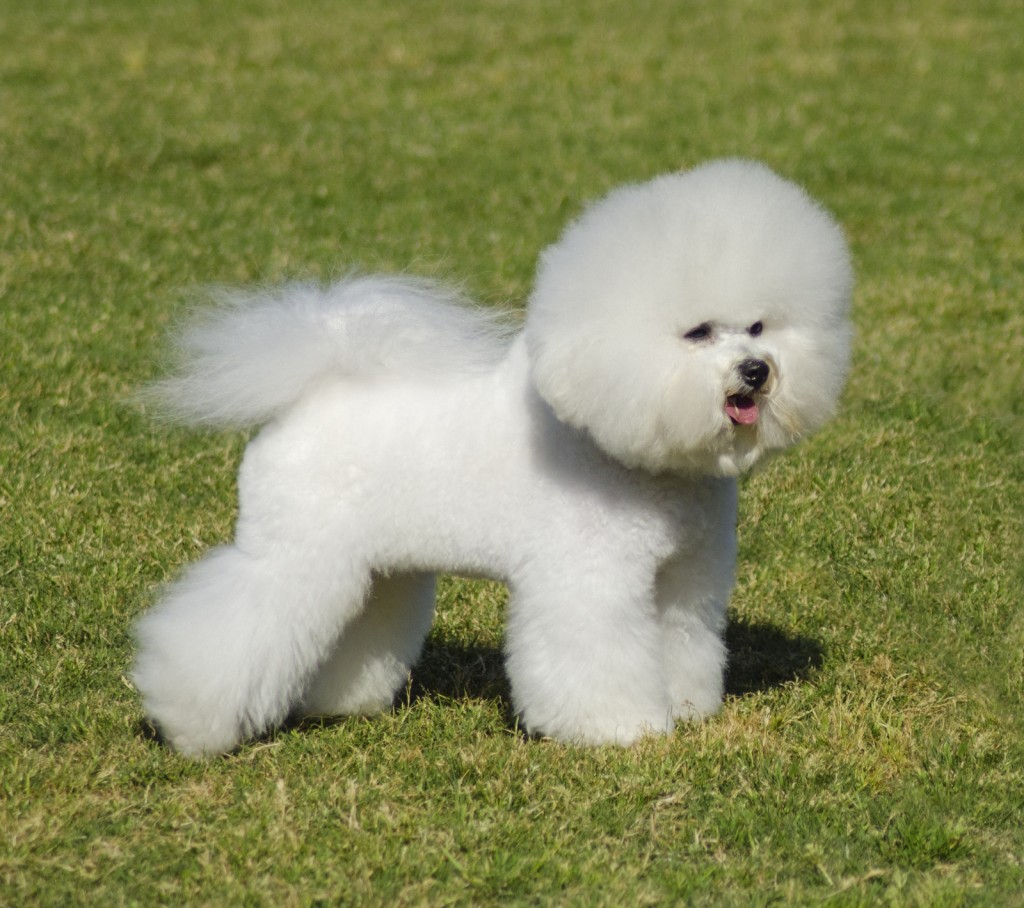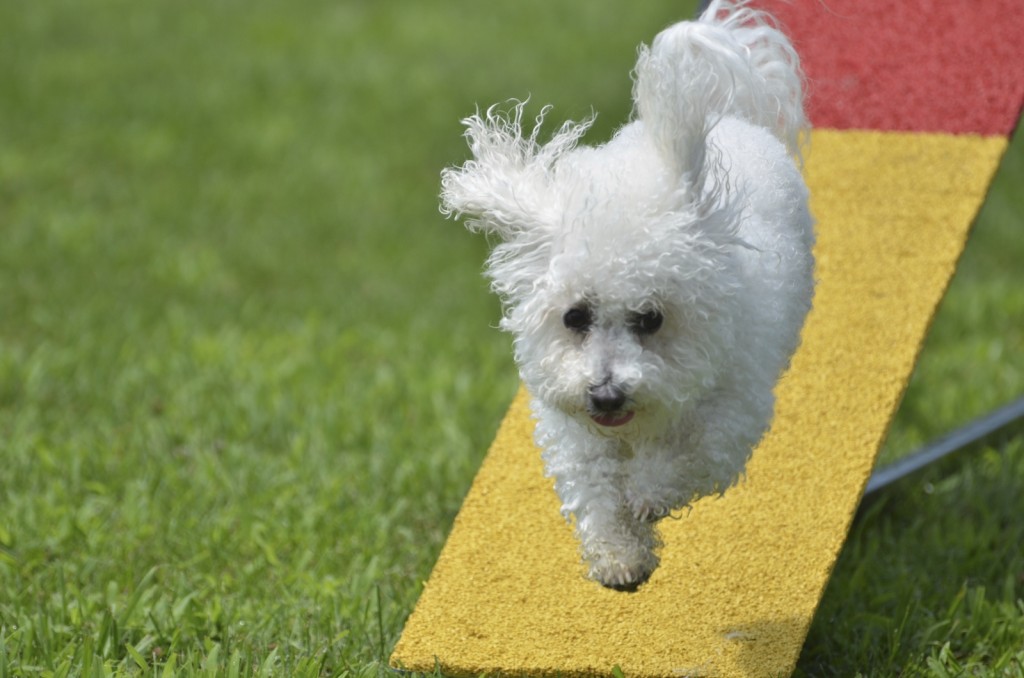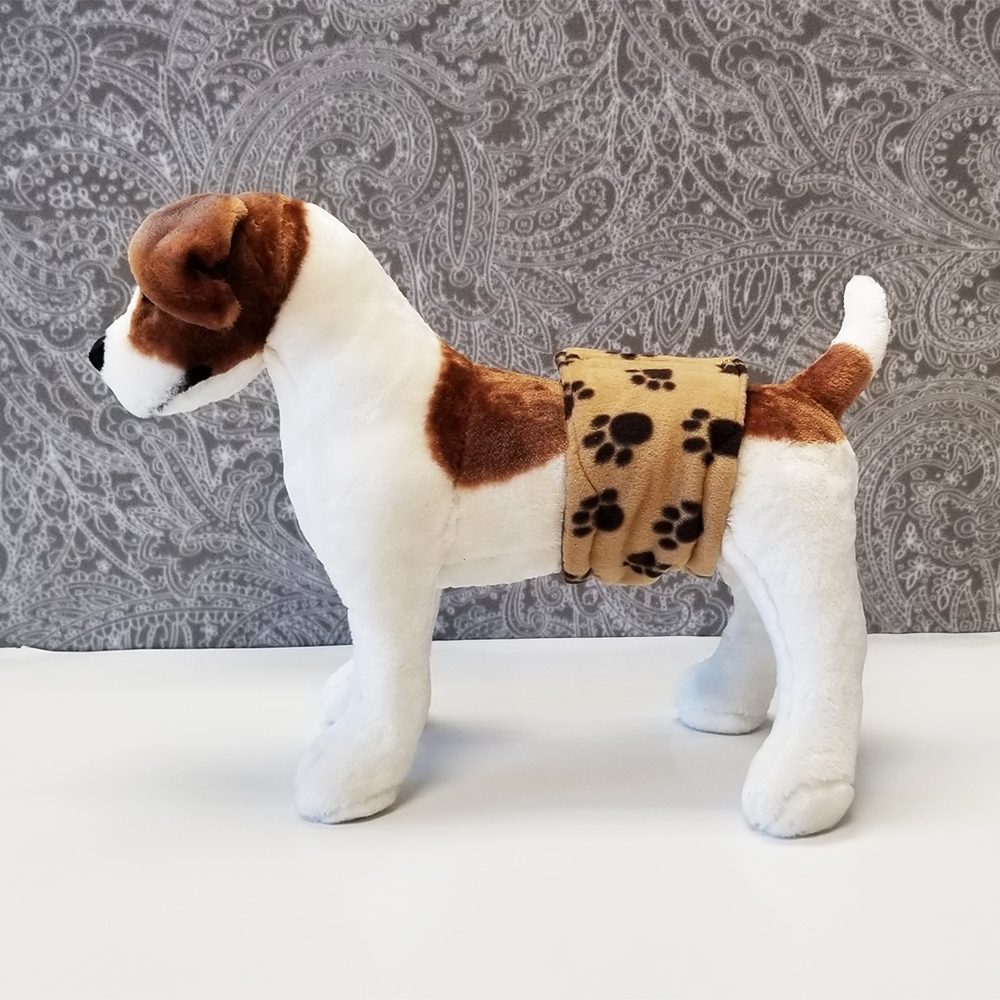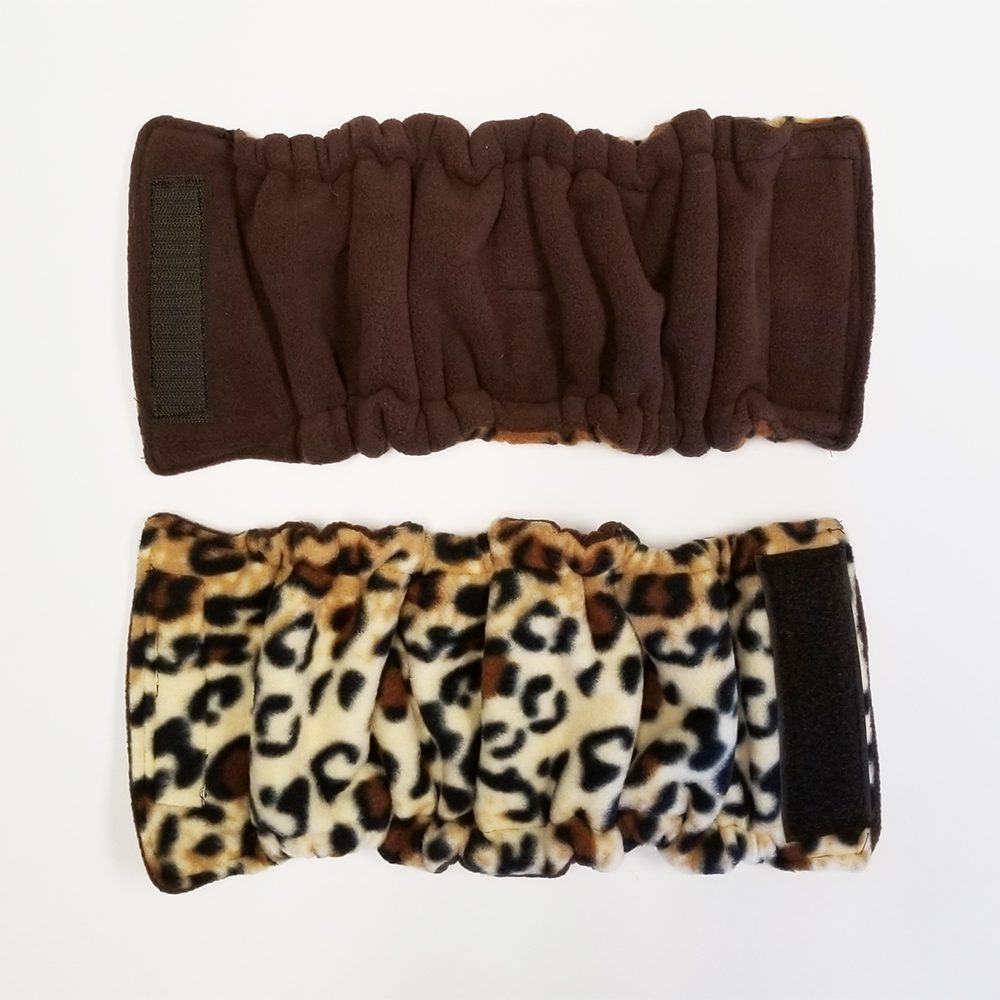Bichon Frise

Bichon Frise: The Cheerful and Charming Companion
Welcome to the comprehensive guide on the Bichon Frise, a breed beloved for its playful demeanor and distinctive fluffy coat. This page explores the delightful world of the Bichon Frise, a small breed known for its affectionate nature and hypoallergenic fur.
Overview
AKC Height: 9.5-11.5 inches
AKC Weight: 12-18 pounds
Colors: Color is white and may have shadings of buff, cream or apricot around the ears or on the body. Any color in excess of 10% of the entire coat of a mature specimen is a fault and should be penalized, but color of the accepted shadings should not be faulted in puppies.
Life Expectancy: 14-15 years
Group: Non-Sporting Group
_______________________________________

Physical Characteristics
- Distinctive Fluffy Coat: The Bichon Frise is renowned for its soft, curly white coat, which gives it a plush, toy-like appearance.
- Compact Size: As a small breed, they are adaptable to various living environments, making them ideal for apartment living or homes with limited space.
Temperament and Personality
Bichon Frises are known for their cheerful and friendly nature. They are playful and affectionate, thriving on human companionship. Their gentle disposition makes them great pets for families and individuals alike.
Training and Exercise Needs
- Training: They are intelligent and generally responsive to training. Consistency and positive reinforcement methods work well with this breed.
- Exercise: Moderate exercise like daily walks and play sessions are sufficient to keep them happy and healthy.
- Mental Stimulation: Mental engagement through interactive toys and training exercises is important for their well-being.
Health and Nutrition
- Diet: A balanced diet appropriate for small breeds is crucial. Regular vet check-ups can help maintain their dietary health.
- Health Issues: Generally a healthy breed, they can develop PRA, cataracts, legg calves perthes, patella luxation, hip dysplasia. Regular health screenings and check-ups are important. Dog Health Dictionary
Grooming and Care
- Coat Maintenance: Their beautiful coat requires regular grooming to prevent matting and to keep it in good condition. Professional grooming is often necessary to maintain their distinctive look.
- General Care: Routine health care practices such as dental hygiene, nail trimming, and ear cleaning are essential.
Living with a Bichon Frise
- Family Life: They are great with children and other pets, known for their playful and gentle nature.
- Adaptability: Bichon Frises adapt well to different lifestyles, whether it’s a quiet household or a more active one.
- Companionship: They form strong bonds with their owners and thrive on being part of family activities.
Responsible Ownership and Adoption
- Choosing a Breeder: Select breeders who prioritize health and temperament, and who can provide health clearances for the puppies.
- Adoption Options: Consider adopting from shelters or breed-specific rescues to provide a loving home to a Bichon Frise in need.
.
Conclusion: The Bichon Frise, with its endearing personality and charming appearance, is a wonderful choice for those seeking a small, affectionate, and lively canine companion. Their adaptability and joyful demeanor make them a delightful addition to any home.
Housebreaking
PUPPY HOUSEBREAKING tips: https://www.dog-breeds.net/puppy-housebreaking/
ADULT MARKING AND RETRAINING tips: https://www.dog-breeds.net/dog-housebreaking-marking-page/



